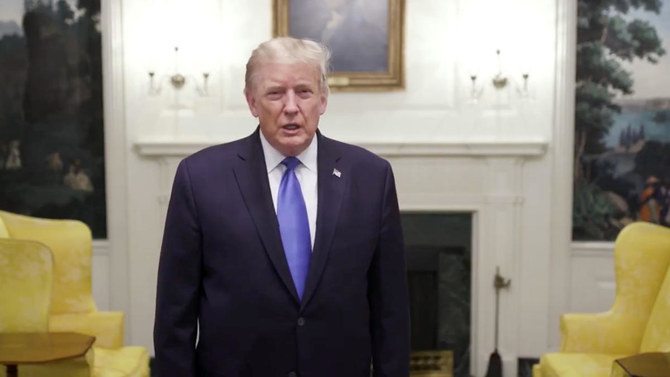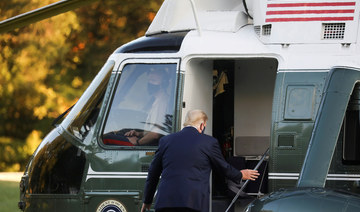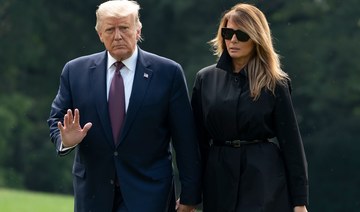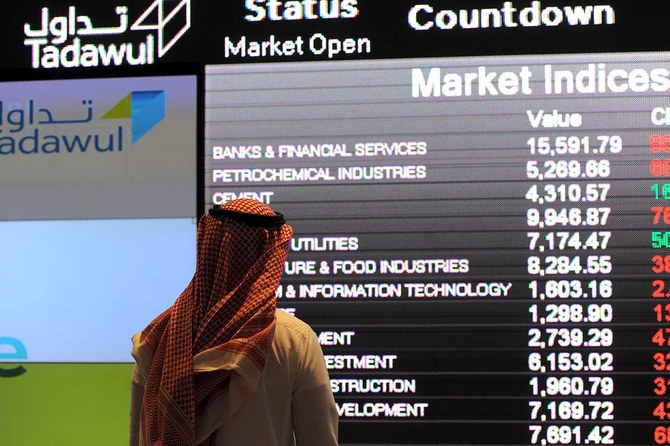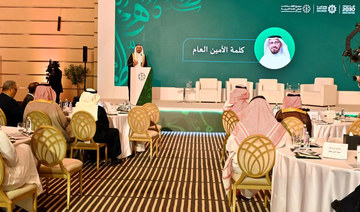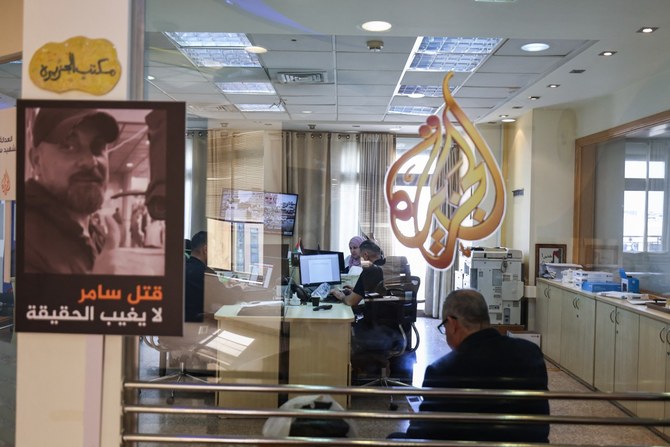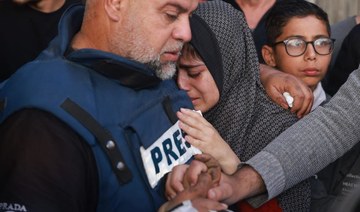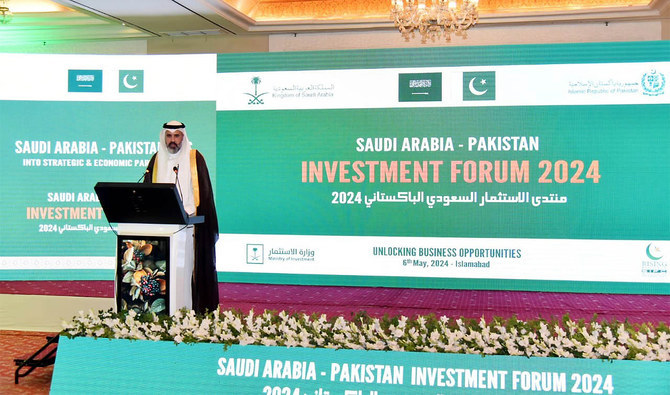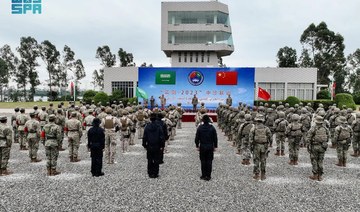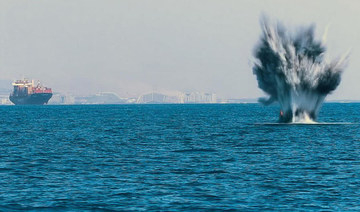There are many unanswered questions surrounding President Donald Trump’s COVID-19 diagnosis and treatment. White House press secretary Kayleigh McEnany said he only had mild symptoms, and his doctor said Trump was fatigued. But the president was being flown to Walter Reed Medical Center, where he was expected to stay a few days.
Here’s what we know and what we don’t know:
Who infected Trump?
We don’t know, although there’s no shortage of possible suspects. Trump, who typically shuns masks, was around hundreds if not thousands of people this week, traveling to a campaign rally, his golf club, the presidential debate, fundraisers and meetings with people involved in his nomination of Amy Coney Barrett to the Supreme Court.
White House counselor Hope Hicks, one of Trump’s closest advisers, fell ill with the coronavirus Wednesday while accompanying Trump to a fundraiser in Minnesota, officials say. It’s not clear if her case is related to the president’s. And Sen. Mike Lee, R-Utah ,who was at the White House last weekend, announced Friday he had tested positive.
The White House Medical Unit is slated to trace the president’s contacts.
When did Trump know he had been exposed?
That question is important to answering whether the president continued his campaign events and other activities despite knowing he might be infecting others, and to knowing whether the White House was adequately transparent about Trump’s illness.
White House officials say they learned of Hicks’ positive test results for the coronavirus Thursday, after Trump boarded the Marine One helicopter for a private fundraiser in New Jersey. But Trump went ahead with the trip and the fundraiser. He told Fox News that evening he was being tested.
Just before 1 a.m. Friday, he tweeted that he and first lady Melania Trump had tested positive.
What symptoms does he have?
The White House officially has given few details, except that he had a fever and was fatigued.
How is he being treated?
Trump’s physician, Dr. Sean Conley, said Friday doctors were providing Trump with an experimental antibody cocktail; vitamin D; famotidine, which is typically used to treat heartburn and acid reflux; the sleep aid melatonin; and an aspirin.
Late Friday, Conley issued an update that said Trump is “doing very well” and is “not requiring any supplemental oxygen,” But he said that, “in consultation with specialists we have elected to initiate remdesivir therapy,” an antiviral medication.
And while he said initially that Trump planned to stay at the White House, the White House announced late Friday afternoon Trump instead would be working from “presidential offices” at Walter Reed.



